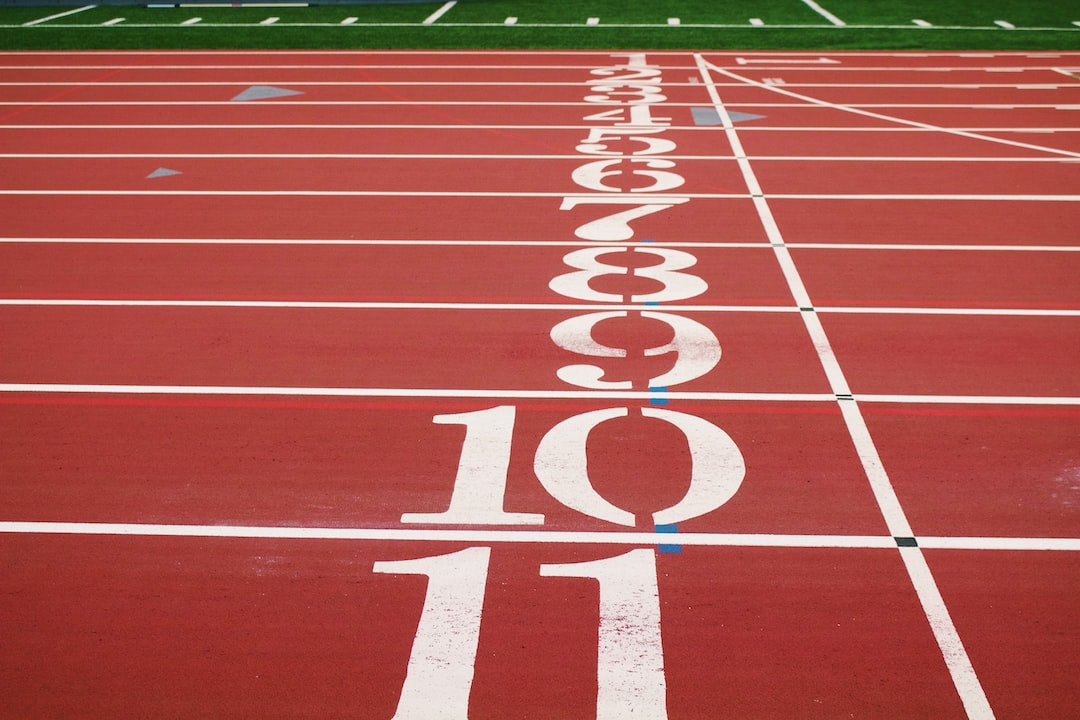Fueling your body for peak performance: Nutrition guide for athletes
Achieving peak performance as an athlete requires more than just talent and hard work; it also requires proper nutrition. What you eat before, during, and after your workouts or competitions can significantly impact your performance. To help you fuel your body effectively, here’s a comprehensive nutrition guide for athletes.
Before training:
1. Carbohydrates:
Carbohydrates are the primary fuel source for your muscles. Consume complex carbohydrates like whole grains, fruits, and vegetables before your training session to provide your body with sustained energy levels.
2. Protein:
Including a moderate amount of protein, such as lean meats, tofu, or legumes, in your pre-workout meal aids in muscle repair and growth.
3. Hydration:
Start your training well-hydrated. Drink water throughout the day, and if you’re engaged in intense physical activities, consider consuming a sports drink rich in electrolytes.
During training:
1. Hydration:
Maintaining hydration during your workouts is essential to prevent fatigue and enhance performance. Consume fluids regularly, and if your training session exceeds an hour, opt for electrolyte-rich beverages or energy gels.
2. Quick-digesting carbohydrates:
For sustained energy during extended workouts, consume easily digestible carbohydrates, such as energy gels or sports drinks that contain glucose or fructose.
After training:
1. Protein:
Within 45 minutes after your workout, consume a combination of protein and carbohydrates to replenish your muscles. This can be achieved by consuming a protein shake, a meal with lean protein sources, such as chicken or fish, or even Greek yogurt with fruits.
2. Complex carbohydrates:
To restore energy levels and replenish glycogen stores, consume complex carbohydrates within a few hours after your workout. Whole grains, sweet potatoes, or quinoa are excellent choices.
3. Hydration:
Rehydrate by drinking water or electrolyte-rich fluids after your training session to replace the fluids lost through sweat.
Additional tips for optimal performance:
1. Eat a balanced diet:
Fuel your body with a variety of nutrient-dense foods, including lean proteins, whole grains, fruits, vegetables, and healthy fats. This will provide your body with the necessary vitamins and minerals for optimal function.
2. Snack smartly:
Include healthy snacks in your diet to maintain a steady supply of energy throughout the day. Nuts, seeds, Greek yogurt, or a piece of fruit are excellent choices.
3. Refuel after intense workouts or competitions:
If you have an intense workout or competition scheduled for the following day, consume a meal rich in carbs and protein the night before to boost your energy levels.
4. Pay attention to timing:
Spacing your meals and snacks evenly throughout the day ensures constant energy availability for your workouts. A balanced breakfast, lunch, and dinner, with snacks in between, is ideal.
5. Don’t skip rest and recovery:
Remember that proper nutrition goes hand in hand with adequate rest and recovery. Ensure you’re getting enough sleep, as this is crucial for optimal performance and muscle repair.
By following this nutrition guide, you can provide your body with the fuel it needs to perform at its best. Remember that every athlete is unique, and it may require some experimentation to find the ideal nutrition plan that suits your body and goals. Consult with a sports nutritionist or registered dietitian for personalized advice, as they can help you fine-tune your nutrition strategy based on your specific athletic needs.
